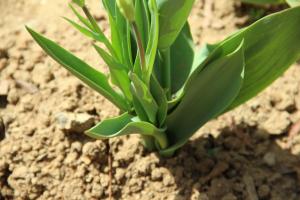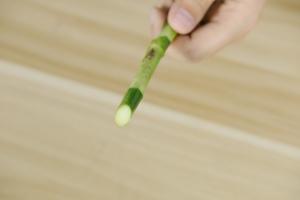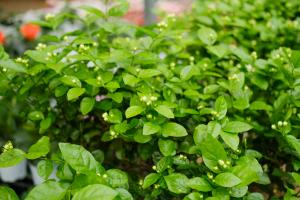Should You Use Bone Meal When Planting Tomatoes?
Tomatoes are one of the most popular crops among home gardeners, and for good reason. The taste of homegrown tomatoes cannot be beaten. However, growing them can be a tricky business, and there are many factors to consider when it comes to planting them. One of the frequently asked questions among tomato growers is whether or not to use bone meal.
What is Bone Meal?
Bone meal is a fertilizer made from crushed animal bones. It is high in phosphorus, which is an important nutrient for plants, especially during the flowering and fruiting stages. Bone meal also contains calcium, which helps with cell wall development and strengthens the plant's structure. It comes in various forms, including powder, granular, and liquid.
The Pros of Using Bone Meal
There are many benefits to using bone meal when planting tomatoes. As previously mentioned, it is high in phosphorus, which aids in flower and fruit development. It also improves the plant's root growth, which results in strong, healthy plants that are better able to absorb nutrients and water from the soil. The calcium found in bone meal also helps prevent blossom end rot, a common problem among tomato plants.
Another benefit of bone meal is that it is organic and environmentally friendly. It is made from animal bones, which would otherwise go to waste. Unlike synthetic fertilizers, bone meal is slow-release, which means that it releases nutrients slowly over time, providing long-term benefits to the soil.
The Cons of Using Bone Meal
While bone meal can be highly beneficial for tomato plants, there are some drawbacks to using it as well. One major concern is that bone meal can attract rodents and other unwanted animals to your garden. This is because bone meal contains a high amount of protein, which is an attractive food source for animals. If you live in an area with a high population of rodents or other pests, it may be best to avoid using bone meal.
Another concern is that bone meal can create an imbalance in the soil's pH levels. Because it is high in phosphorus, it can make the soil more acidic, which can be detrimental to some plants. It is important to test your soil's pH levels before applying bone meal and adjust it accordingly if necessary.
Conclusion
In summary, bone meal can be highly beneficial when planting tomatoes. It is organic, slow-release, and high in phosphorus and calcium. However, it can also attract unwanted animals and create an imbalance in the soil's pH levels. Ultimately, the decision on whether or not to use bone meal should be based on your individual circumstances and needs. If you have a rodent problem or acidic soil, you may want to avoid using bone meal. Otherwise, it can be a great addition to your tomato-growing arsenal.

 how many times do yo...
how many times do yo... how many planted tre...
how many planted tre... how many pine trees ...
how many pine trees ... how many pecan trees...
how many pecan trees... how many plants comp...
how many plants comp... how many plants can ...
how many plants can ... how many plants and ...
how many plants and ... how many pepper plan...
how many pepper plan...
































